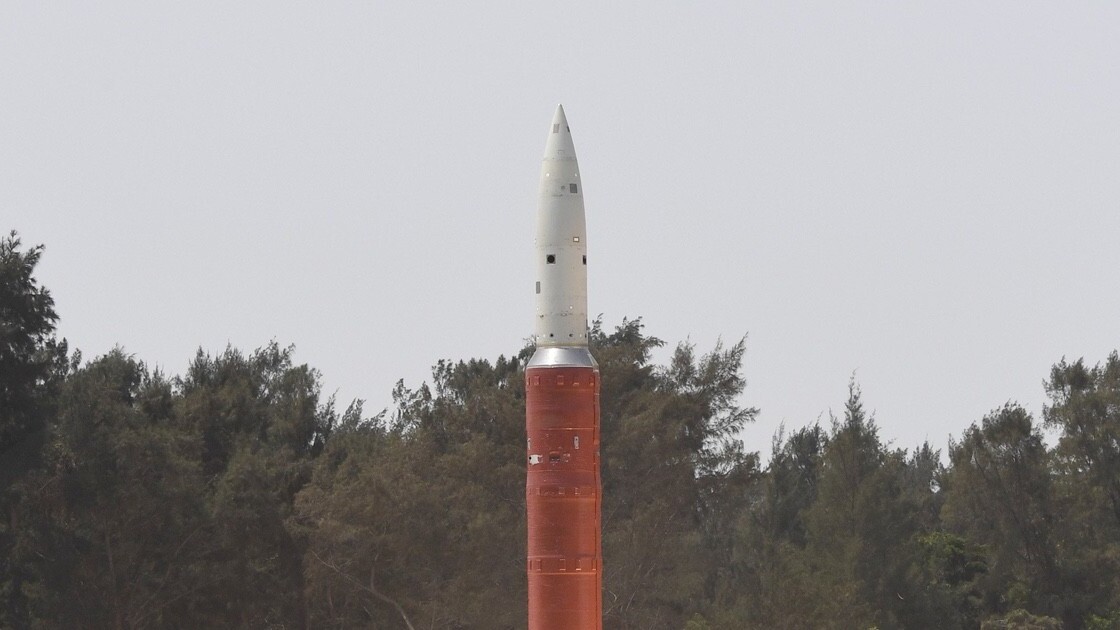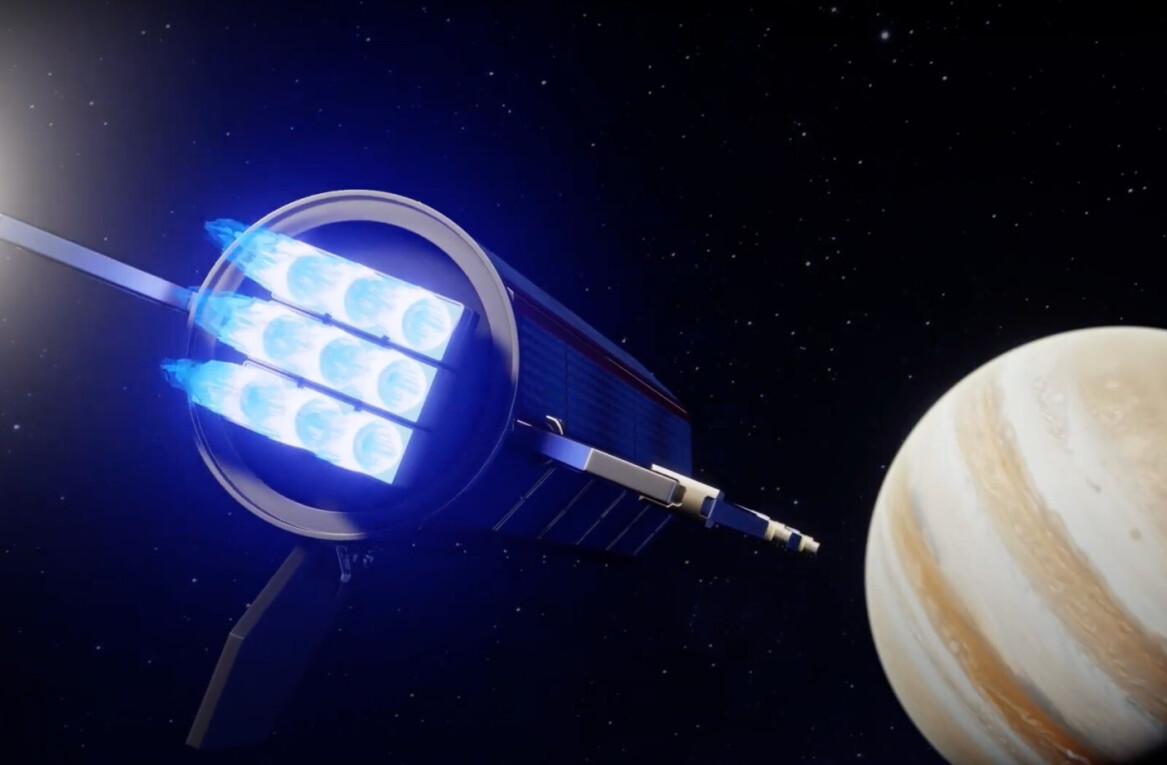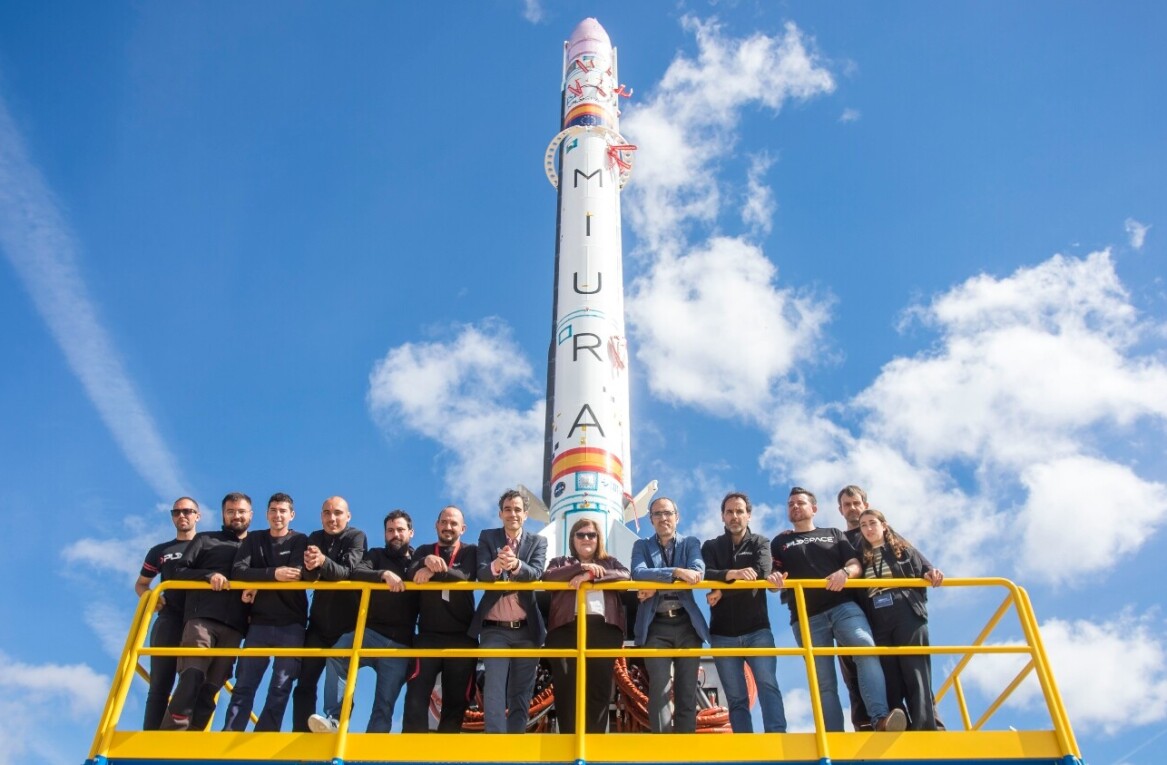
On March 27, Indian Prime Minister, Narendra Modi, announced that the country had successfully launched an anti-satellite missile in Low Earth Orbit (LEO). With that, India became only the fourth country to test an Anti-Satellite (ASAT) weapon – used to attack enemy satellites or intercepting ballistic missiles – after the US, China, and Russia.
.@DRDO_India successfully launched the Ballistic Missile Defence #BMD Interceptor missile, in an Anti-Satellite #ASAT missile test #MissionShakti engaging an Indian orbiting target satellite in Low Earth Orbit (LEO) in a ‘Hit to Kill’ mode from the Dr. A.P.J. Abdul Kalam Island pic.twitter.com/n5DEWLQpSp
— PIB India (@PIB_India) March 27, 2019
Modi said this test – dubbed Mission Shakti – wasn’t directed at anybody, and didn’t violate any international laws:
Today’s anti-satellite (A-SAT) missile will give new strength to the country in terms of India’s security and a vision of a developed journey. I want to assure the world today that it was not directed against anybody.
India has always been against arms race in space and there has been no change in this policy. This test of today does not violate any kind of international law or treaty agreements. We want to use modern technology for the protection and welfare of 130 million citizens of the country.
However, space companies and agencies around the world were not pleased with India’s test. Brian Weeden, Director of Program Planning at the Secure World Foundation, – a private organization that promotes peaceful uses of resources in outer space – asked on Twitter if any companies are considering boycotting India’s Polar Satellite Launch Vehicle (PSLV) to send a message to the nation. He later clarified that he was just suggesting companies think about the role they want to play in fostering responsible behavior in space.
/21 So I wonder if any commercial space companies are willing to take a stand on this and boycott the PSLV to send a message to India? Corporate social responsibility anyone? /fin
— brianweeden (@brianweeden) March 27, 2019
Indian Space Research Organisation’s (ISRO) long-term partner, Planet Labs, condemned the test and advised that the spaceenvironment should be used purely for peaceful purposes.
Planet’s response to India’s testing of an anti-satellite missile. pic.twitter.com/bZuuIYtCFB
— Planet (@planetlabs) March 27, 2019
US Defense Secretary Patrick Shanahan was indirectly disapproving of the mission, saying, “We all live in space. Let’s not make it a mess.”
NASA Administrator Jim Bridenstine, was also highly critical of Mission Shakti, and said space debris caused by the test poses a danger to the International Space Station (ISS). He said that 24 pieces of debris identified by NASA went above the apogee of the ISS, and increased the risk of debris impacting the station by 44 percent over a 10-day period, after the test.
In response, Tapan Misra, senior advisor to the ISRO chairman, said Tuesday that the experiment was not an explosion, but “more like a bullet”, and that the resulting debris will burn out in six months:
It has happened at about 300 kilometres in space where the wind pressure is low, but it is enough to burn them down in another six months.
Daniel Porras, the space security fellow at the United Nations Institute for Disarmament Research, also expressed a similar opinion:
The Chinese demonstration was carried out at 800 kilometers and was widely condemned because of the resulting space debris, which will likely stay in orbit for decades or longer. India’s demonstration was conducted at 300 kilometers, so the debris will likely be out of orbit in months. For this reason, the reaction has been much less.
While India has joined an elite club of countries with ASAT weapons, the development has irked agencies and governments around the world. There are no direct repercussions at the moment, but India’s image of a peaceful nation trying to make scientific progress in space has taken a hit. We’ll have to keep a keen eye on the international space community’s approach towards India from here on out.
TNW Conference 2019 is coming! Check out our glorious new location, an inspiring line-up of speakers and activities, and how to be a part of this annual tech extravaganza by clicking here.
Get the TNW newsletter
Get the most important tech news in your inbox each week.





